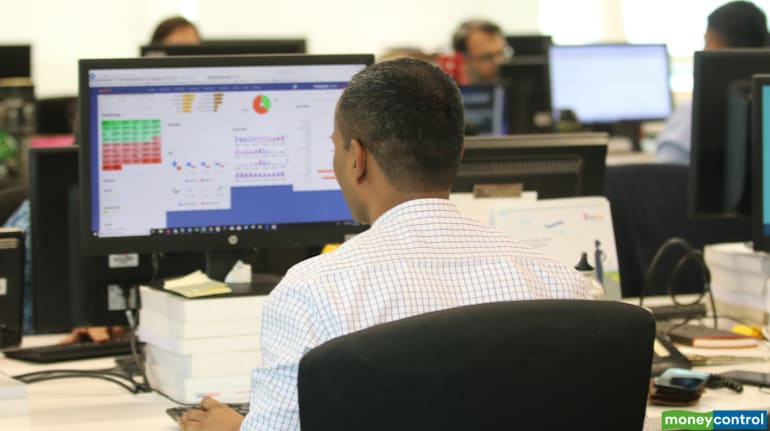



Mutual fund schemes that invest in international markets have delivered the highest average return of 3.98 percent in May across all categories, according to the data by Value Research, a mutual fund research firm.
This category was the best performer in the calendar year 2019.
The domestic mutual fund schemes that invest in overseas markets are termed as international schemes.
Among schemes that registered the best returns in the international category were Edelweiss US Technology Equity FoF and PGIM Ìndia Global Opportunities Fund that delivered 10.75 percent and 10.65 percent average returns, respectively.
Mutual fund experts attributed the outperformance of international funds to the strong global market. Apart from that, they also said that rupee depreciation against the dollar had played a major role in the positive returns of these funds.
In the last one month, NASDAQ Composite has gone up 6.45 percent, Europe's CAC and FTSE Index gained nearly 2.16 percent, respectively. In comparison, BSE Sensex fell 0.4 percent last month.
In May, the Indian unit dropped by 10 paise to close at 75.62 against the dollar.
The decline in the value of the rupee against the dollar in recent weeks has benefitted international funds.
When an investor invests in an international fund, the money is invested in that particular overseas market in dollar-denominated assets.
The change in the price of these assets (foreign equities or bonds) during the period of your investment mainly drives the return of the fund.
But, apart from the performance of the underlying portfolio itself, the movement in the dollar-rupee exchange rate also contributes to the fund’s return.
Financial planners typically advise investors to invest about 10 percent in international funds.
These are mutual fund (MF) schemes launched by fund houses in India which solicit your money here and then invest it abroad.
Advisers are suggesting an investment in international funds as a means to diversify across countries and currencies due to volatility in Indian equities.
Apart from international funds, defensive pharma schemes also gave positive return of 2.37 percent last month.
Shares of major pharmaceutical companies and medical device makers have historically been considered defensive stocks. After all, there will always be sick people in need of care.
In May, when Sensex fell 0.4 percent, BSE Healthcare Index rose 2.6 percent.
Pharma Fund managers are of the view that improvement in business and ROE could lead to earnings growth and a sector rerating.
Pharma funds largely invest in pharmaceutical companies. It also invests in allied businesses such as hospitals, chemicals, healthcare services/diagnostics and financial services firms linked to this sector.
During the review period, schemes investing in bank stocks were worst performers across all categories. Bank funds delivered an average return of 9.85 percent in May.
In comparison, the benchmark S&P BSE Bankex Index fell 6.8 percent in May.
Banks that are considered as the backbone of the economy were battered heavily as investors expected the Coronavirus crisis to hit business and incomes, which in turn may lead to a spike in non-performing assets.
On the debt front, all debt schemes gave positive average returns in the range of 0.35-2.37 percent in May.
Discover the latest Business News, Sensex, and Nifty updates. Obtain Personal Finance insights, tax queries, and expert opinions on Moneycontrol or download the Moneycontrol App to stay updated!
Find the best of Al News in one place, specially curated for you every weekend.
Stay on top of the latest tech trends and biggest startup news.